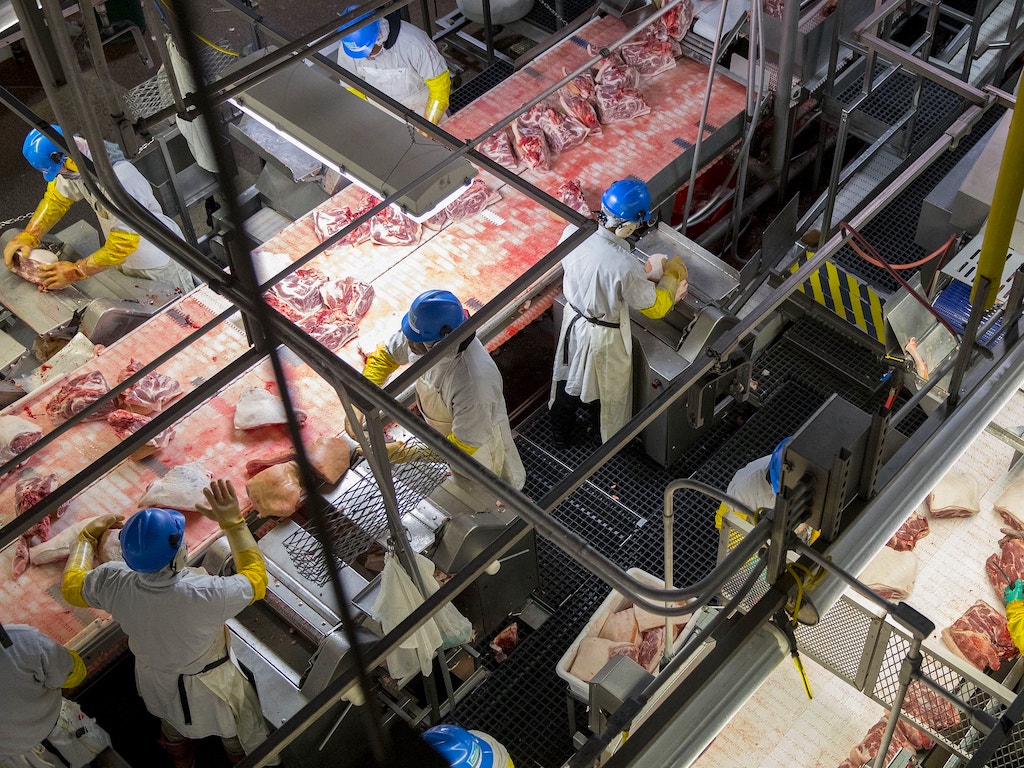11 Dec 2024

Tired Earth
By The Editorial Board

The global food supply chain has been dominated by major transnational companies, which increasingly control both the production and price of agricultural products. Often, production practices pay little attention to sustainability and thus cause irreversible long-term environmental damage.
Because these multinational corporations aim to maximise their profits, they leave little return to farmers in less developed countries, who lack bargaining power against large firms. Despite their size, these multinational companies demand longer payment periods from their suppliers. These corporations have also tended to invest in buying up land, instead of investing in improving agricultural efficiency and infrastructure.
Meanwhile, not only is the global population growing, the Westernisation of diets across the world means demand for meat is growing too. A World Economic Forum article in 2019 pointed out that while the number of people on the planet has doubled in the last 50 years, the amount of meat we eat has tripled. The world now produces over three times the quantity of meat it did 50 years ago, according to Our World in Data.
Do you have questions about the biggest topics and trends from around the world? Get the answers with SCMP Knowledge, our new platform of curated content with explainers, FAQs, analyses and infographics brought to you by our award-winning team.
Not only does meat production have a high carbon footprint, we waste valuable food resources in feeding cattle. A recent study found that meat accounts for nearly 60 per cent of all greenhouse gases from food production. The entire system of food production is responsible for a third of planet-heating emissions resulting from human activity. In turn, climate change has an impact on agricultural productivity.
Admittedly, there are various international governmental organisations working on improving agricultural productivity. Their efforts include offering conditional loans to help enhance local agricultural infrastructure, including research and development. Some promote the use of genetic modification, such as crops which are resistant to pests and viruses, and crops modified to enhance their nutritional value.
However, most of these organisations are concentrated in developed nations, whose vested interests would have an impact on decision-making. Loans to less developed countries to boost agricultural productivity often hinge on these countries liberalising their economies, which hits local primary industries hard.
At the same time, international food assistance offered by international NGOs to countries in need cannot solve the food supply problem, but rather encourages long-term reliance.
The world needs a more sustainable food supply chain.
Adrian Lam, Tai Koo
Source : msn.com
Comment